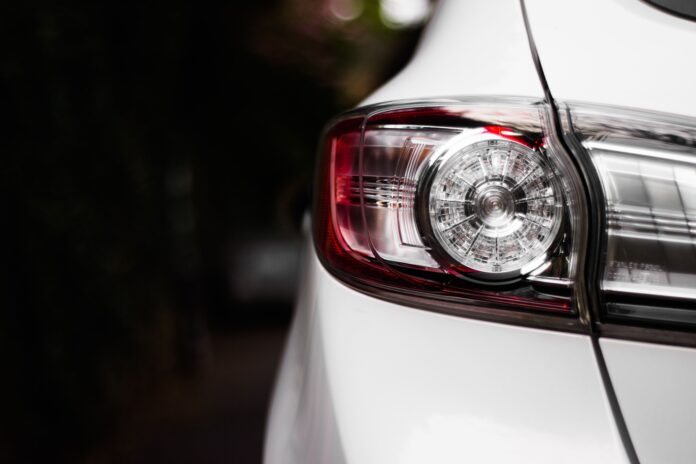THE Government must do more to encourage motorists to change to newer cars if the higher emissions targets set out in the programme for Government are to be achieved, according to the Irish Car Carbon Reduction Alliance (ICCRA).
The organisation, which includes the majority of Irish car dealers, says that the Environmental Protection Agency’s latest Greenhouse Gas emissions projections from 2019 to 2040 highlight the enormous challenge that exists.
“The immediate introduction of additional measures is critical, including more realistic targets for electric vehicles (EVs), expansion of EV charging infrastructure as well as reform of VRT with incentives for consumers to switch to greener cars, ” said ICCRA spokesman, John Fitzgerald.
“The target of 7% per annum for reductions in carbon emissions is more than double what the EPA says is achievable with the full implementation of the Climate Action Plan (CAP). This requires almost a million electric vehicles to be on our roads by 2030, including 840,000 cars. Currently EVs are just 3.5% of the market. This level of uptake should be sounding alarm bells,” he added.
“The Government has subcontracted the achievement of the EV targets directly to consumers and indirectly to the car dealers whom they rely on for advice and guidance when choosing a new car. Consumers must purchase EVs in vast quantities if the Government targets are to be reached. However, consumer take up of EVs is slow in Ireland and this experience is mirrored across the EU,” he said.
According to the ICCRA the supply and pricing of EVs in the Irish market are critical to consumer take-up even to reach 50% of the CAPs targets, yet they will not be available in the quantity required to allow such a transition until late in this decade, as manufacturers are working towards 2040. “We know from independent research¹ that electric vehicles will not be the answer for the overwhelming majority of Irish consumers for many years to come,” said Mr. Fitzgerald.
The ICCRA maintains that the best way to reduce emissions in the transport sector is to incentivise the replacement of old emissions-intensive cars with newer and more fuel-efficient models.
Fitzgerald states: “By 2021 the average new car on Irish roads will emit 28% fewer car emissions than the current fleet. Yet the proposed ban on petrol and diesel cars from 2030 has led to consumer confusion over engine choices, with motorists holding onto their current older cars, which have higher carbon emissions, instead of switching to newer affordable and more fuel-efficient models. Consumers must be encouraged to drive more fuel-efficient cars, which requires a comprehensive reform of the Vehicle Registration Tax System.”
The organisation is also seeking a cooperative approach between Government, industry and policy makers to set realistic goals to achieve the EU’s carbon emission targets set for 2040, to which all the major car manufacturers are aligned and committed to achieving.
“Our E-Way 2040 campaign sets out a realistic and achievable road map towards a 2040 end of sales of petrol and diesel cars. This is in line with the target that our EU counterparts are working towards and to which all the major car manufacturers are already aligned to and committed to achieving. It’s backed by EU legislation and academic thinking as a viable long-term solution to making our roads emissions free,” Mr Fitzgerald concluded.



